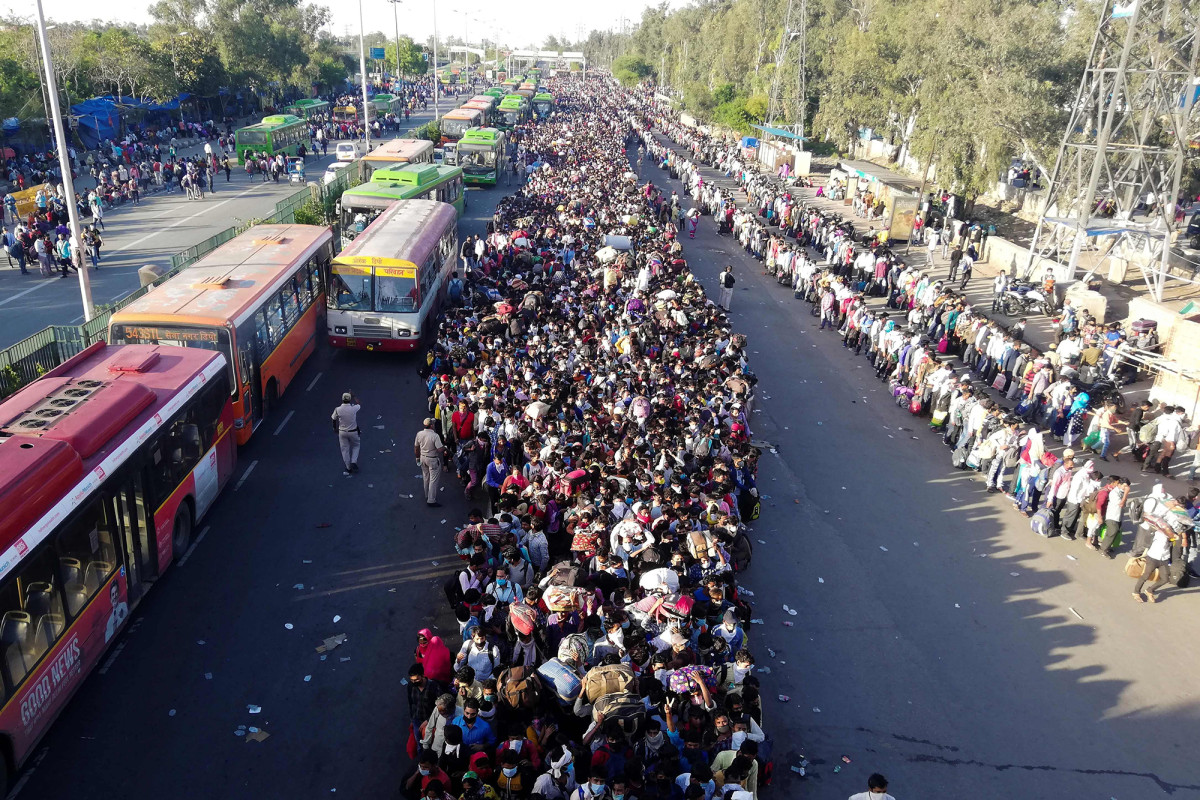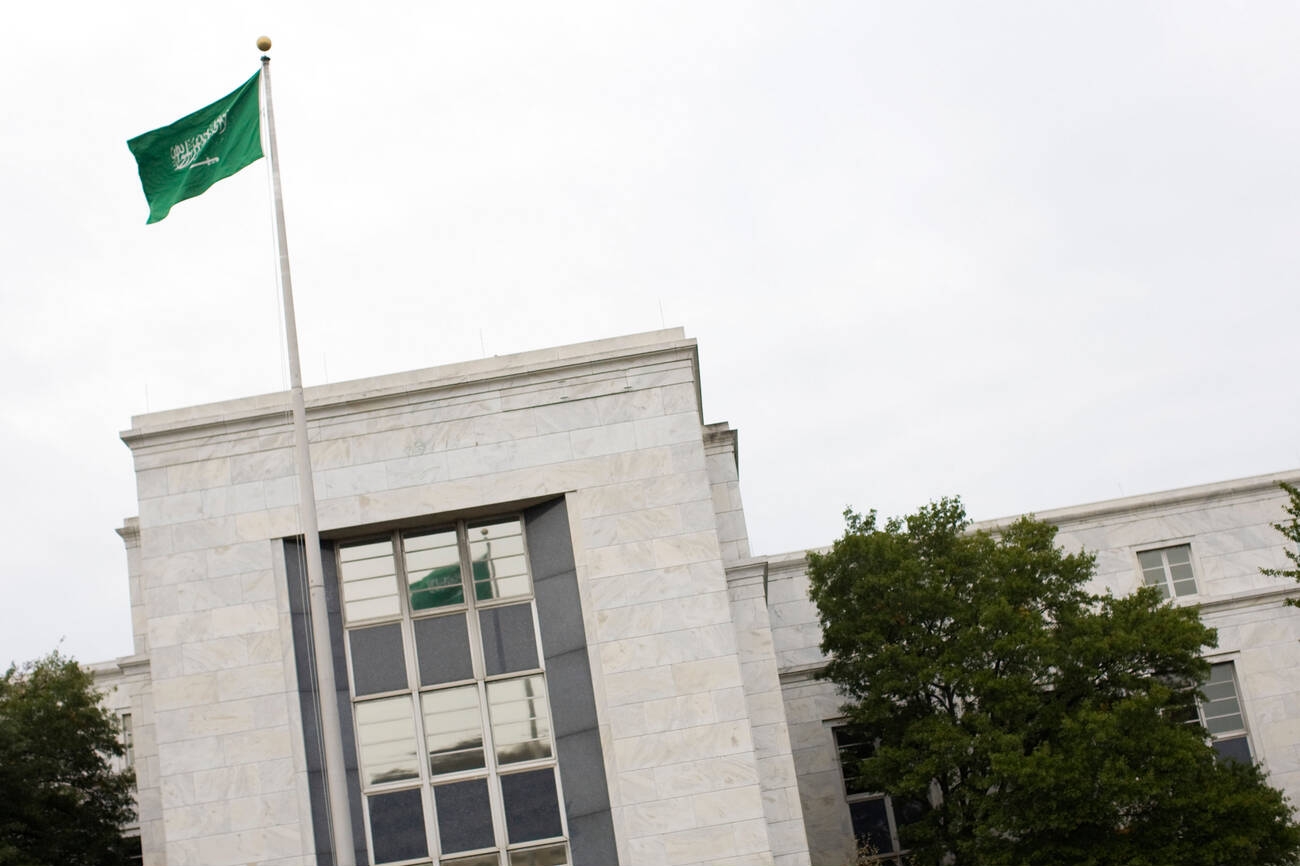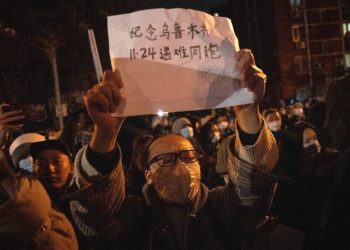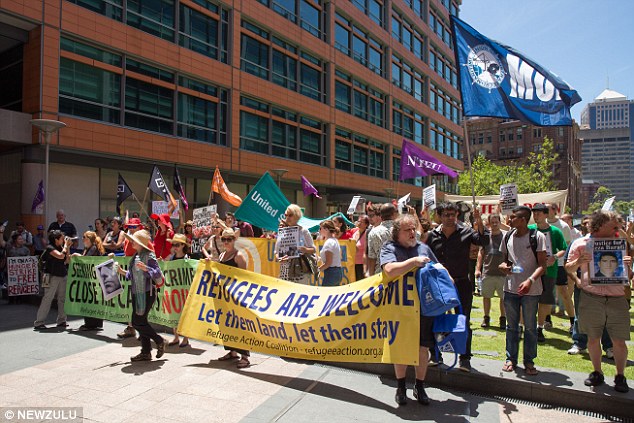Immigrant workers are considered second citizens in India, a study by the country’s National Human Rights Commission (NHRC) has found, stating that they lack access to the most basic facilities.
The study on the social security and health rights of migrant workers, commissioned by NHRC and carried out by ‘Kerala Development Society,’ found that the workers have poor access to health services, social protection, education services, housing and sanitation, food, water and other utilities.
In Delhi, for example, a staggering about 84 percent of the respondents either lacked proper accommodation or stayed in poor quality housing, according to the study.
Female migrant workers suffered from more severe nutritional deficiencies while also lacking access to proper access to reproductive health services compared to local workers.
Daily exposure to toxic air also meant that a large number of the workers, specially women, suffered from asthma, cancer and reproductive health complications.
Some 68 percent of the women studied did not have access to toilets “as they live in slums or squatter settlements,” the study found.
The situation is so dire that 43 migrant workers die every month in Delhi, 35 in Gujarat, 41 in Haryana and 38 in Maharashtra due to accidents at construction sites, suicide, as well as heart or stomach related diseases.
To make matters worse, the dead bodies of those foreign workers are not returned to their families because the contractors secretly sell them to private medical centers for up to USD6,000.
The study also noted that there is no “institutional mechanism either at national level or at state level to address different types of human rights violations against interstate migrant workers.”
The Indian government pledged in September 2020 to start work on a comprehensive database about all the migrant workers in the country by June 2021 but has done nothing to that effect so far.
The migrants almost unanimously complained of being treated as lesser human beings by locals and the authorities.
About 92.5 percent of migrant workers in Delhi, 90.5 percent in Maharashtra, 87 percent in Gujarat and 86 percent in Haryana said they were being discriminated against by the local population who consider them as outsiders. More than 60 percent of the workers in those states made similar complaints with regards to their employers.
“Lack of political representation in the home state or host state is an area of serious concern,” the NHRC survey said of the migrant workers. “In effect, they are often treated as second-class citizens in host states.”


















